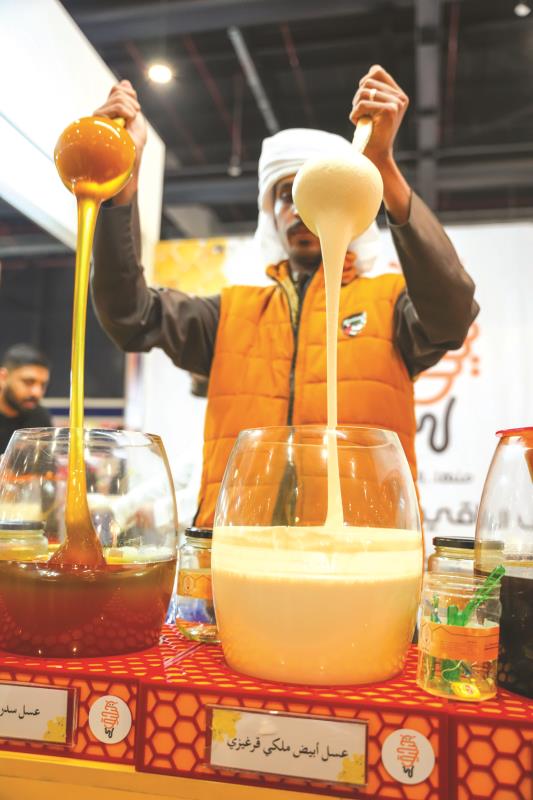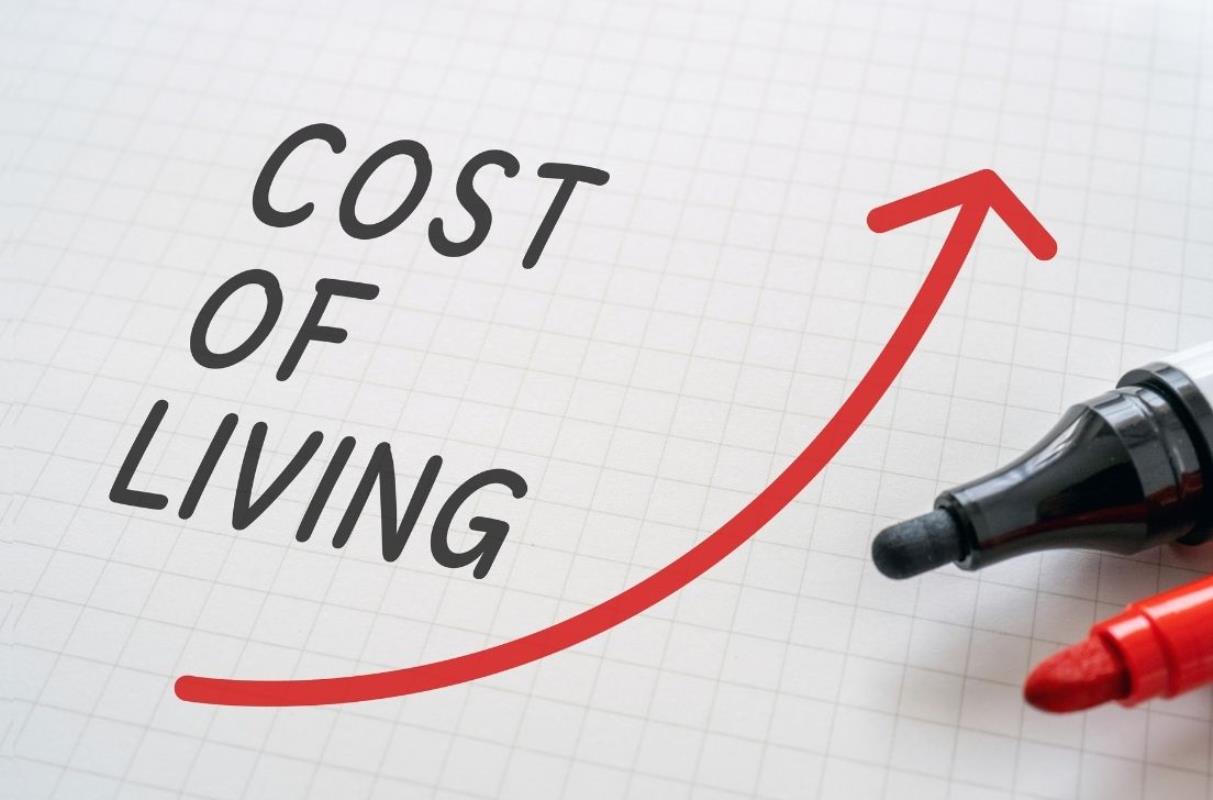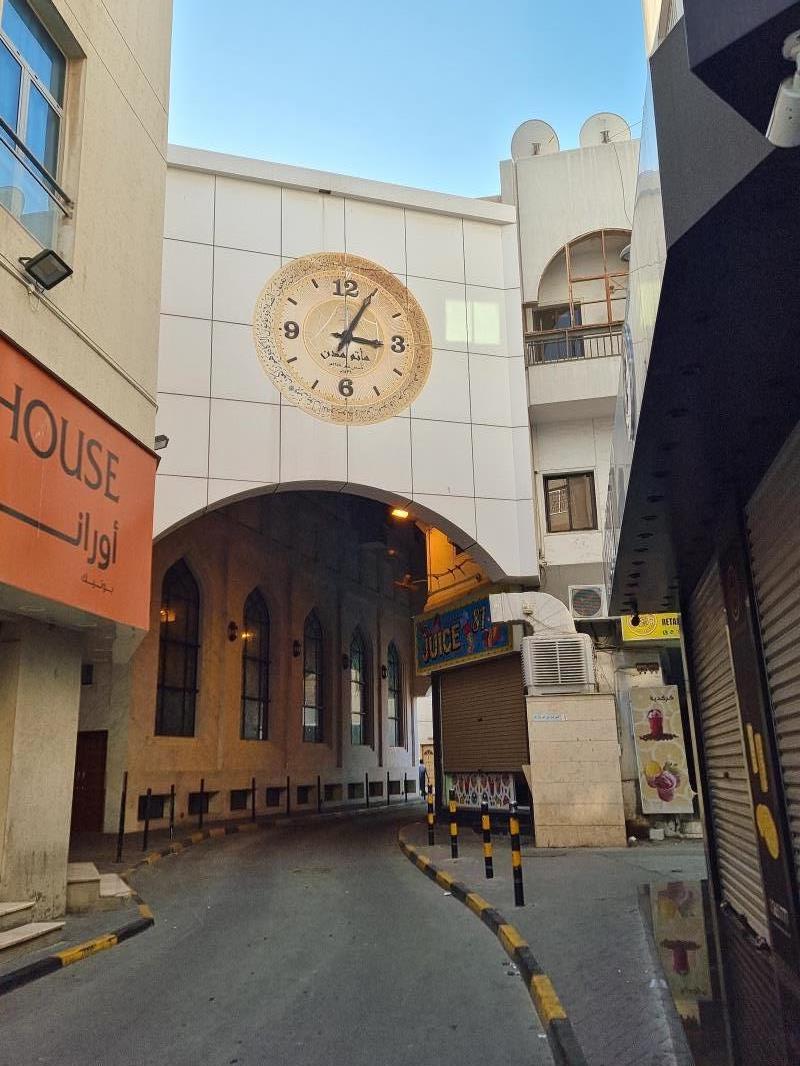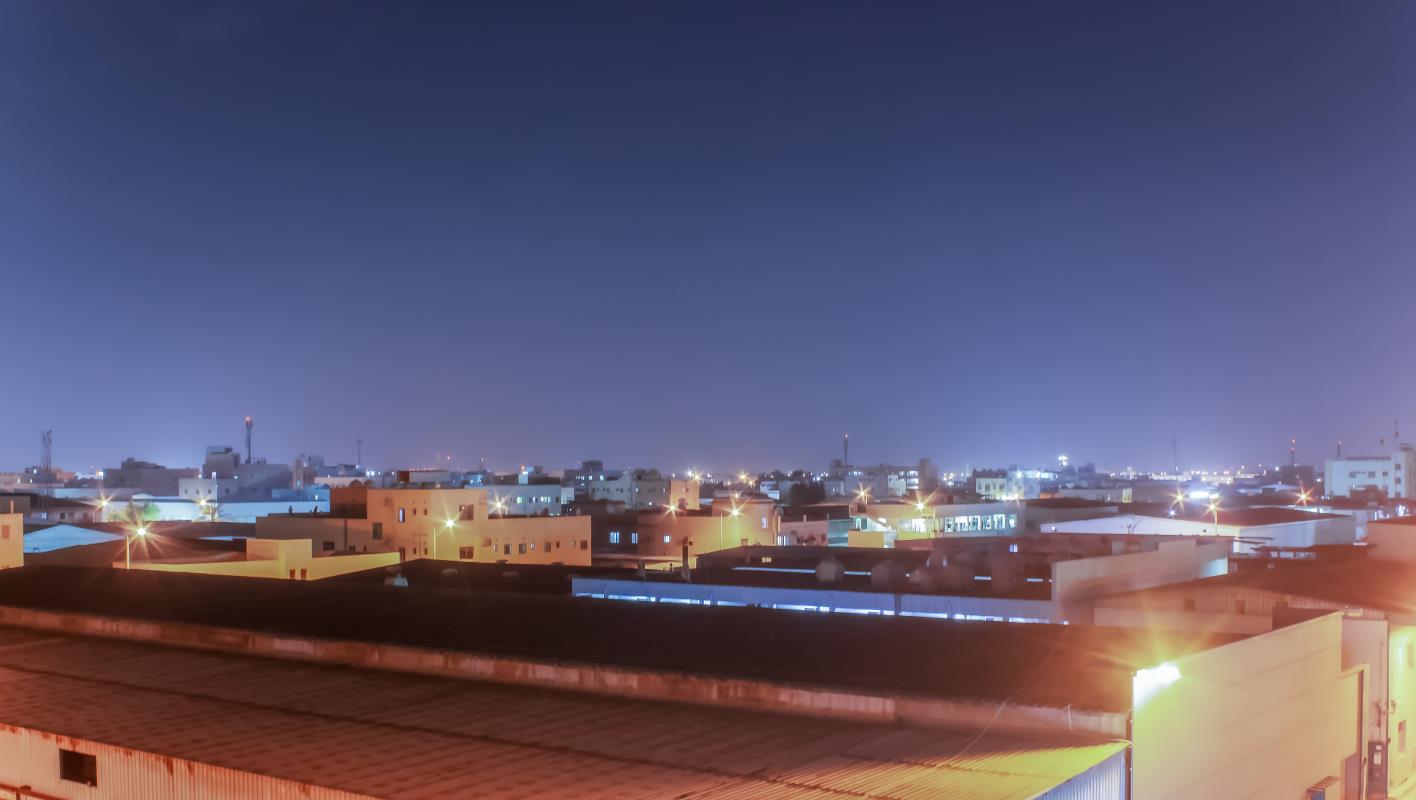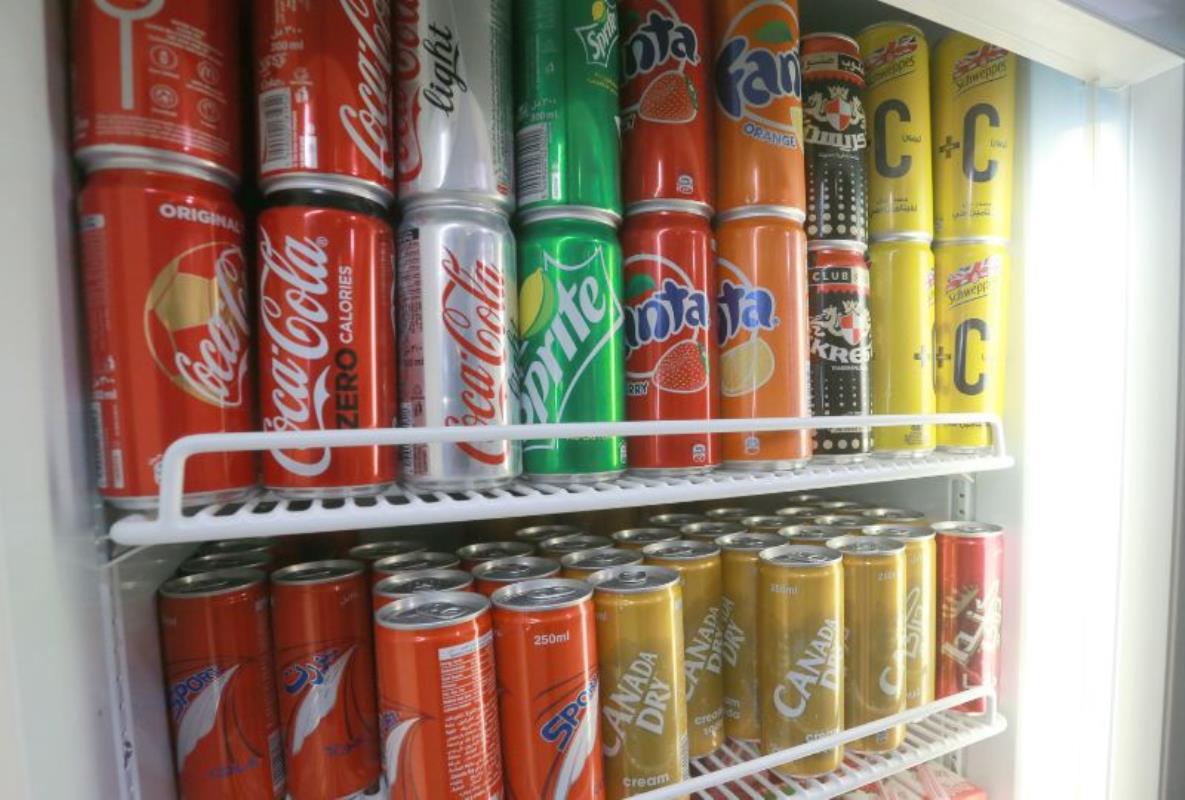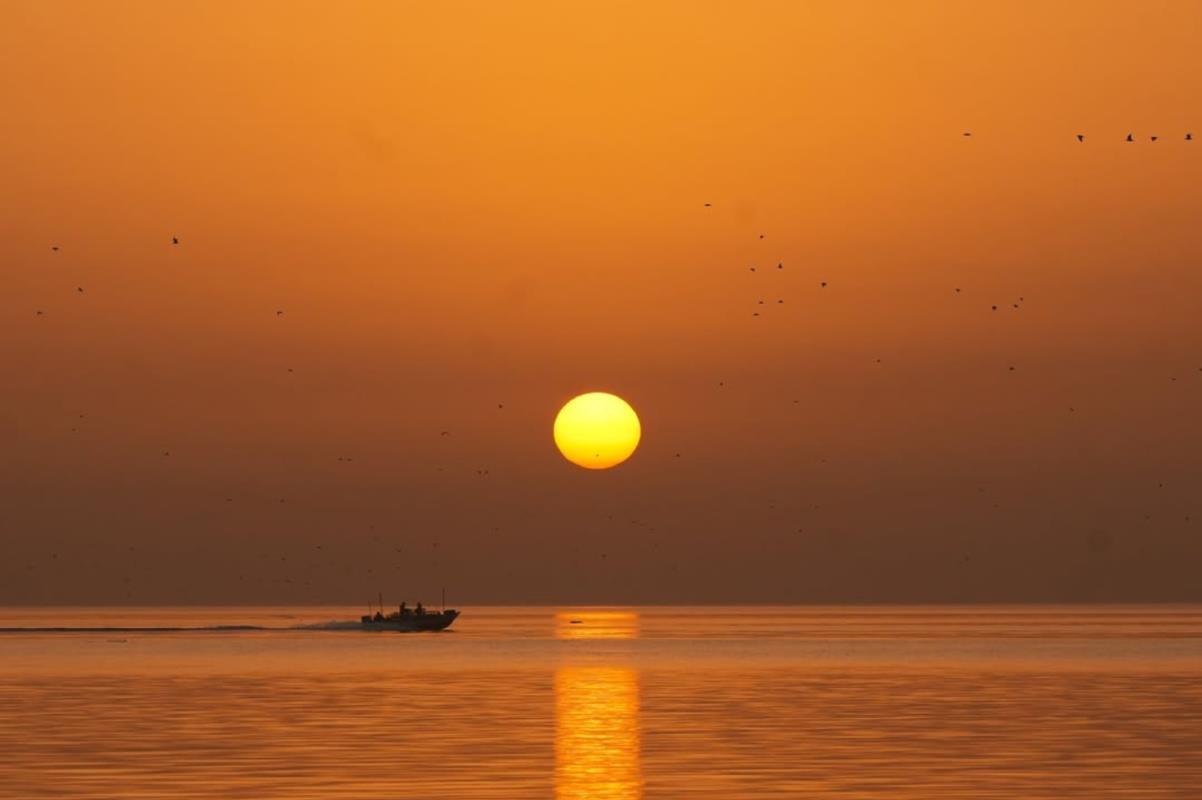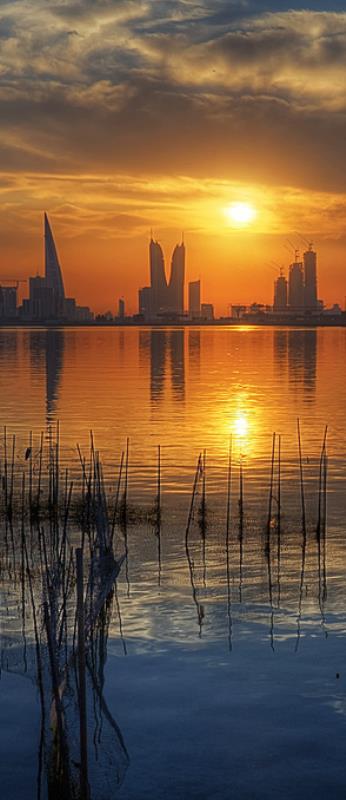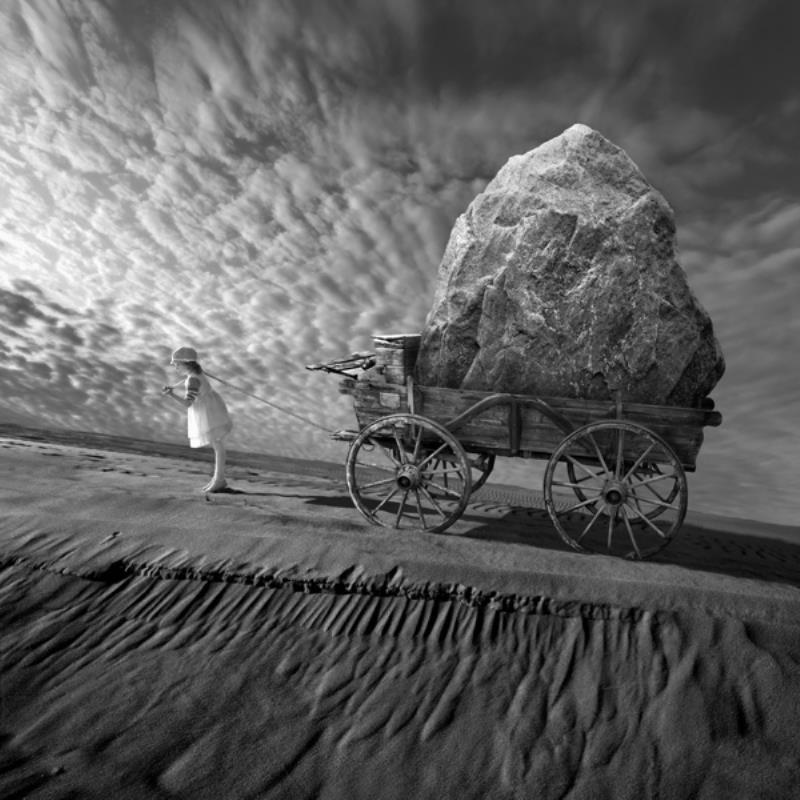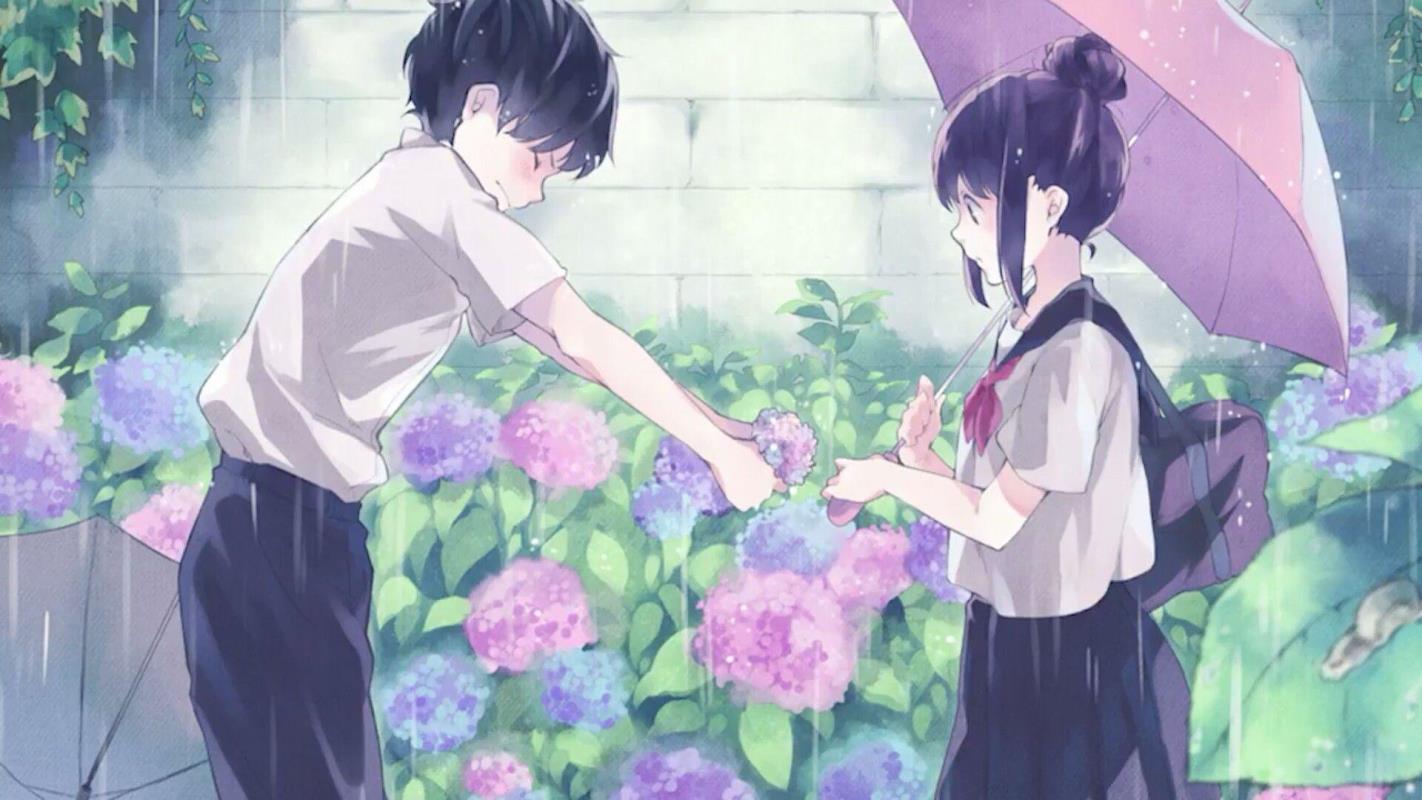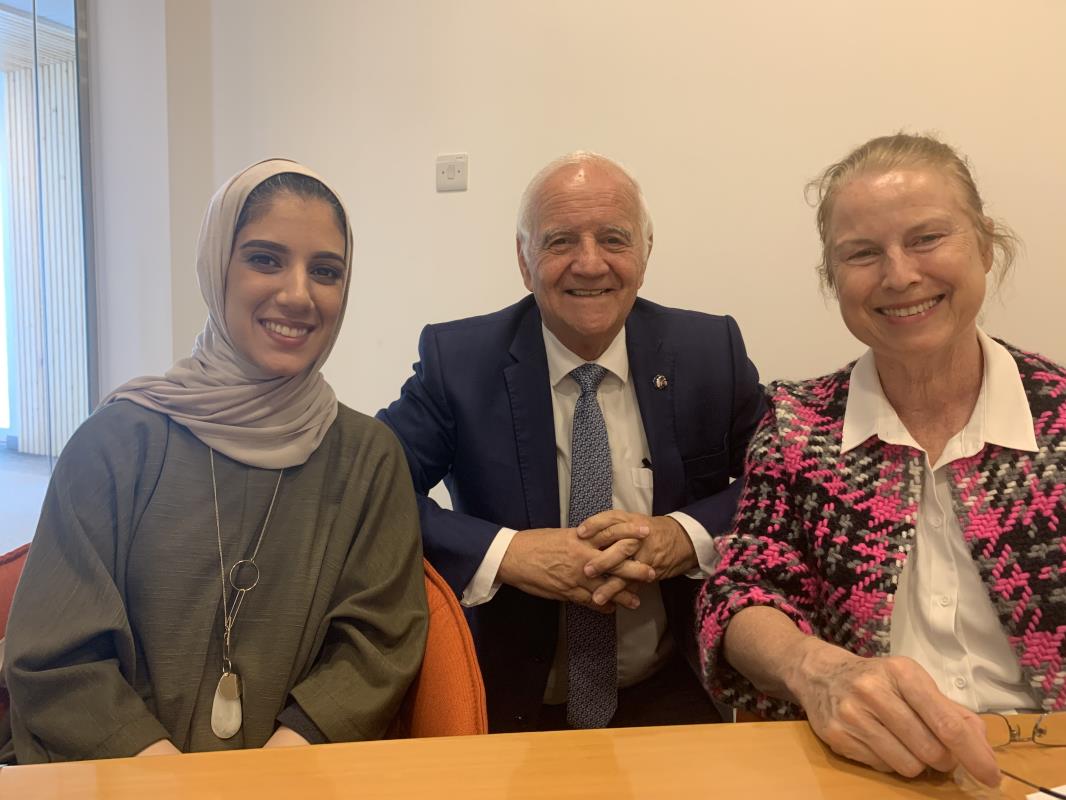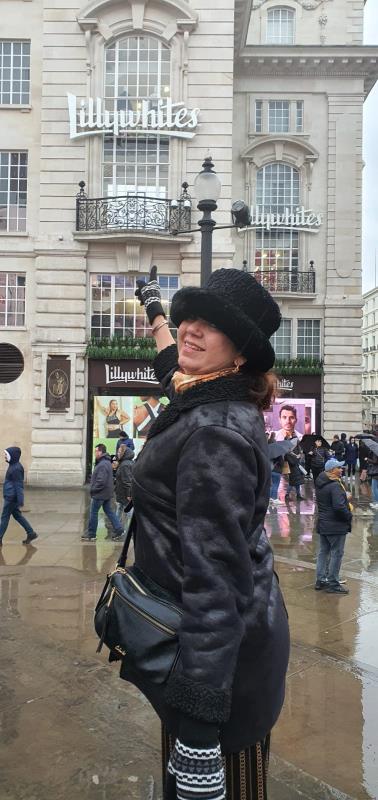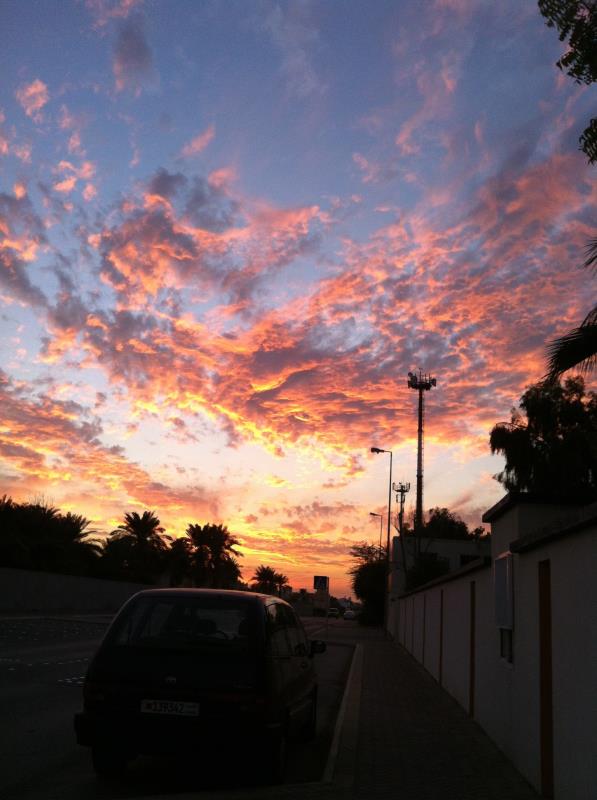"BIODIVERSITY is our most valuable but least appreciated resource" - Edward O Wilson.
The Biological diversity (biodiversity) is the variety of living organisms (plants, animals, birds, insects, microorgnaisms etc.) existing in our planet along with their ecological system, which plays a major role in maintaining the balance on our planet that supports life.
It is the most essential foundation for the survival and existence of our life . A healthy ecosystem is the basis of our survival as we are completely dependent on its resouces - the oxygen we breathe, the food we eat, clean water we drink, energy we need in forms of renewable energy, fuels, food etc., soil we use to grow our food, shelter we need to feel protected, cloths we wear and the list is long enough.
Each and every living organism on earth is interdependent, that maintains the ecological balance. The higher the level of natural biodiversity, the higher the functioning efficiency of an ecosystem which includes functions as water cycle, nutrient cycle or food chain, gaseous cycle and the flow of energy that indicate how efficiently organisms acquire energy, use it, and how much remains for the use of other organisms in the food chain/web to continue.
At present the natural biodiversity of our planet is under threat. Some of the biggest threats are Climate change, invasive species outgrowth and habitat loss. All of these threats are created by human beings mainly.
" We are the only species with the power to destroy the earth and also the capacity to protect it" - Dalai Lama
Its time to realise and rethink, how we can save our biodiversity to sustain the ecological balance we have lost. Its time to act, spread awareness and do our bit as we all are equally responsible but “We’re part of the solution”.
The United Nations marked today, 22nd May, as The International Day for Biological Diversity (IDBD), to create and spread awareness and promote an understanding of the biodiversity with theme of 2021 “We’re part of the solution”.(https://www.un.org/en/observances/biological-diversity-day)
“Our solutions are in nature”, which served as a reminder that biodiversity remains the answer to several sustainable development challenges.
As we encroach on nature and deplete vital habitats, increasing numbers of species are at risk. That includes humanity and the future we want.
-UN Secretary-General António Guterres
According to The United nations, from nature-based solutions to climate, health issues, food and water security, and sustainable livelihoods, biodiversity is the foundation upon which we can build back better. That is the main message from the Convention on Biological Diversity (CBD), key international instrument for sustainable development.
The loss of biodiversity have effected us in many ways. Some of the well known issues includes -
- Climate Change
- Pollution (air, water, soil, sound etc)
- Loss & degradation of habitat
- Rise in nos. of Endangered species
- Energy crisis (food, water, fuels etc)
The United Nations, states " When biodiversity has a problem, humanity has a problem"
It adds "Biological diversity also includes genetic differences within each species — for example, between varieties of crops and breeds of livestock — and the variety of ecosystems (lakes, forest, deserts, agricultural landscapes) that host multiple kind of interactions among their members (humans, plants, animals).
Biological diversity resources are the pillars upon which we build civilizations. Over 80 per cent of the human diet is provided by plants. As many as 80 per cent of people living in rural areas in developing countries rely on traditional plant‐based medicines for basic healthcare.
But loss of biodiversity threatens all, including our health. It has been proven that biodiversity loss could expand zoonoses - diseases transmitted from animals to humans- while, on the other hand, if we keep biodiversity intact, it offers excellent tools to fight against pandemics like those caused by coronaviruses. "
But still we can be a part of the solution. We can start from a scratch and do out bit as well! Lets be little more responsible? So what are those basic practices which we all can start to conserve biodiversity ?
- Reduce the energy consumption (renewable and non-renewable) and conserve it for future use. Save the natural resources.
- Reduce waste generation (by sorting domestic waste into biodegradable & non-biodegradable waste. Biodegradable waste can be utilised for compost to benefit plants)
- Minimise the usage of fuels and electricity.
- Minimise the daily needs. Encourage buying local foods, support farmers, organic foods
- Reduce food waste, use it for composting.
- Reduce and Recycle the trash, wherever possible.
- Save water. Save food.
- Reduce the usage of vehicles, electronic gadgets, Air conditioners etc. as it adds to green-house gas emissions causing global warming and pollution.
- Avoid usage of plastic carry bags and single-use plastics like plastic straws, coffee cups, plastic cutlery, take out containers or plastic water bottles preprocess
- Plant more and more trees and save the environment by protecting the biodiversity.
Let’s all rethink and step ahead with an eco-conscious & environmentally friendly actions.
Once we realise and rethink, we need to educate ourselves with the possible circumstances we all are facing today, the drastic environmental degradation, the global warming, the natural calamities and at present the pandemic! Is it a way of nature to keep the growth of unwanted species on earth under check?
Once we understand, realise, we must encourage sustainable education to impart our knowledge to our children, family members, neighbours to encourage and involve them into activities that connects us to nature and its preservation.
To celebrate the International day for Biological Diversity, sharing some of the natural treasures from The Kingdom of Bahrain, where I am living and India, from where I belong!S
Special Thanks to Primose Ben Yesudas from Bahrain; M. Sukumaran & T. J. Varghese from India for the photograph's.
The Kingdom of Bahrain is a beautiful island nation, comprising of an archipelago with 70 natural islands and 33 artificial islands with a total land mass covers 769.6 square Km with total marine area of 7497.1 sqaure Km. The climate is arid with very low rainfall during winters and high temperature and humidity levels in summer.
Bahrain hosts a total of 1455 species in Bahrain that includes terrestrial and marine species (327 plants, 329 birds, 238 fishes, 22 mammals etc.)as reported by "The National Biodiversity Strategy and Action Plan" under Convention on Biological Diversity, United Nations.
It also reports, there is a huge biodiversity loss due to the high rate in population growth coupled with the economic growth in the Kingdom added more pressure on natural resources with an increase in housing demands among many other services. The coastline has extensively been modified due to reclamation activities that constitute a major threat to the marine environment. To emphasise on the biodiversity conservation, national priorities, guiding principles, strategic goals and tagets have been set to recover and restore.
But as an individual citizen/ resident who are enjoying all the pleasures and comforts of Life in this beautiful Island, its high time we realise our responsibility and encourage sustainable education in school, colleges, universiies, that benefits society to think and act environmentally friendly for a sustainble future.
Lets all adapt and adopt eco-conscious living that includes changing our habits, mindsets and the way of living as well.
Reference
1. https://www.cbd.int/doc/world/bh/bh-nbsap-v2-en.pdf.
2. https://www.un.org/en/observances/biological-diversity-day.
3. https://en.m.wikipedia.org/wiki/Bahrain.
-Dr Anamica Bhattacharya
Bahrain

































































